Lightweight vs Heavy Composite Decking: Pros and Cons
Compare lightweight and heavy composite decking options to help homeowners decide which is best for their project based on durability and ease of installation.
Lightweight vs Heavy Composite Decking: Pros and Cons
The Importance of Weight in Composite Decking
The weight of composite decking is a crucial factor to consider when choosing the right material for your deck. Lightweight and heavy composite decking options each come with their own set of advantages and disadvantages. Understanding these differences can help you make an informed decision that best suits your needs and preferences.
Durability: The Backbone of Composite Decking
When it comes to durability, heavy composite decking generally outperforms its lighter counterpart. This is due to the higher density materials used in manufacturing, which provide greater resistance against wear and tear, weather conditions, and potential damage from foot traffic. For example, TimberTech’s AZEK decking is known for its high durability, despite being on the heavier side. However, lightweight composites like Trex Transcend are also designed to be durable, though they might require more maintenance over time.
Cost Considerations
The cost of lightweight versus heavy composite decking can vary significantly based on the materials used and the brand. Generally, lighter composites tend to be less expensive due to the lower material costs and easier manufacturing processes. According to HomeAdvisor, the average cost of installing composite decking ranges from $25 to $40 per square foot, but this can fluctuate based on the type of composite chosen. For instance, while Trex’s lighter products may offer a lower initial investment, TimberTech’s heavier options could justify a higher price tag given their superior longevity and performance.
Ease of Installation
Installation ease is another key consideration when comparing lightweight and heavy composite decking. Lighter materials are often easier to handle during installation, reducing labor costs and making DIY projects more feasible. On the other hand, the added weight of heavier composites might require professional installation or additional manpower, potentially increasing the overall project cost. However, some experts argue that the ease of installation can sometimes be offset by the need for specialized tools or techniques required for heavier materials.
Real-World Examples and Expert Opinions
Many homeowners have found success with both lightweight and heavy composite decking options. For example, Sarah Johnson, a homeowner in California, chose Trex Transcend for her backyard deck because of its lightweight nature and easy installation process. She noted that while she had to do more regular cleaning, the overall experience was positive. Meanwhile, John Davis, who built a commercial deck in New York, opted for TimberTech AZEK due to its robustness and durability, despite the higher upfront cost.
Conclusion
Choosing between lightweight and heavy composite decking ultimately depends on your specific needs and priorities. If durability and longevity are paramount, heavy composite decking may be the better choice. Conversely, if cost and ease of installation are your primary concerns, lightweight composites could be more suitable. Always consider consulting with a professional installer or doing thorough research to ensure you select the option that best meets your requirements.
Reference
HomeAdvisor – Cost to Install Composite Decking
Baoding Plastroy WPC Products
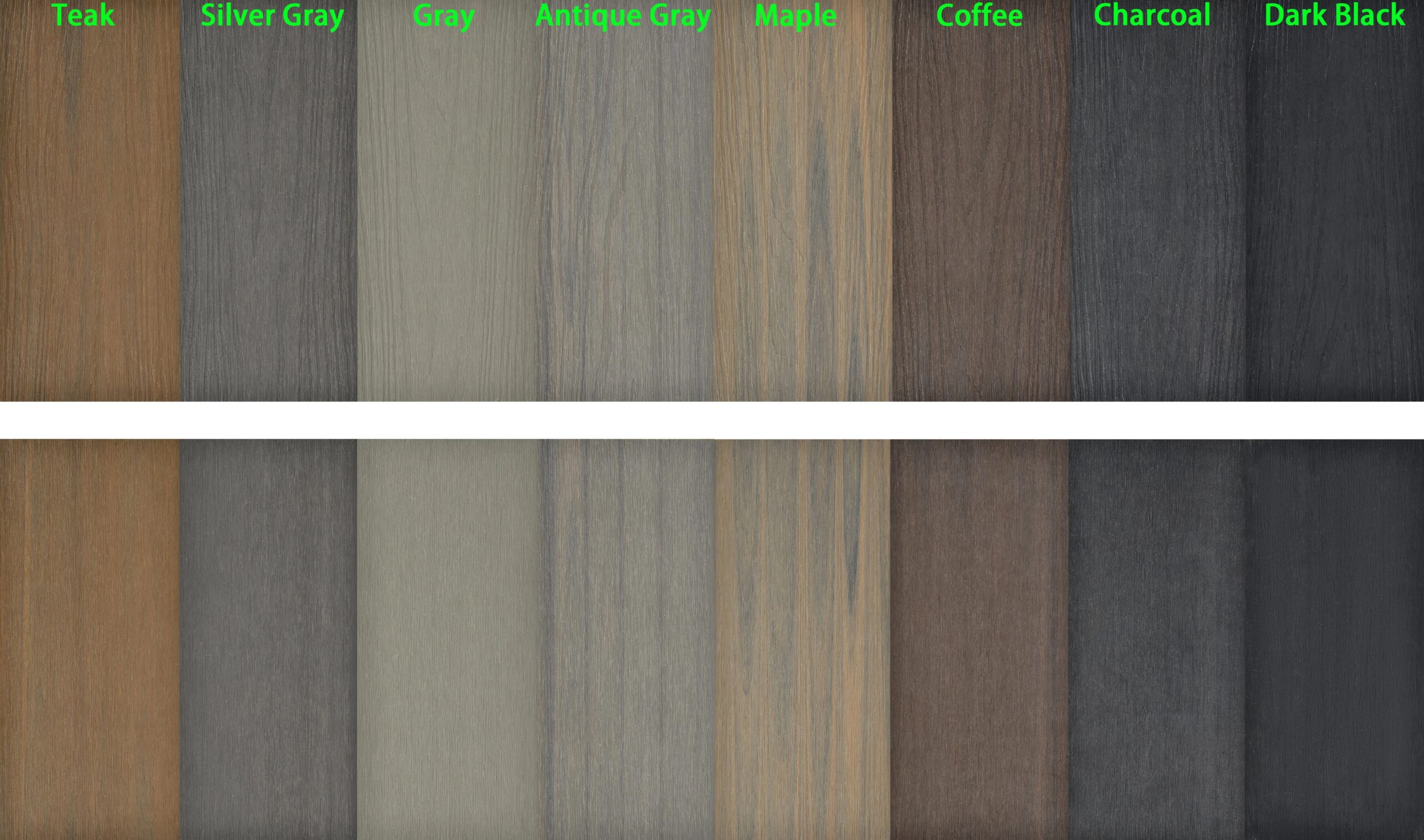
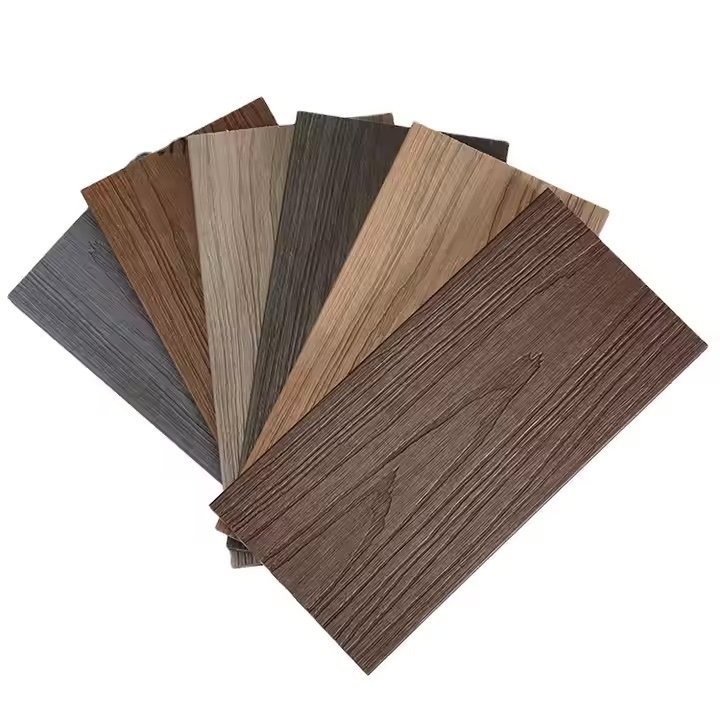
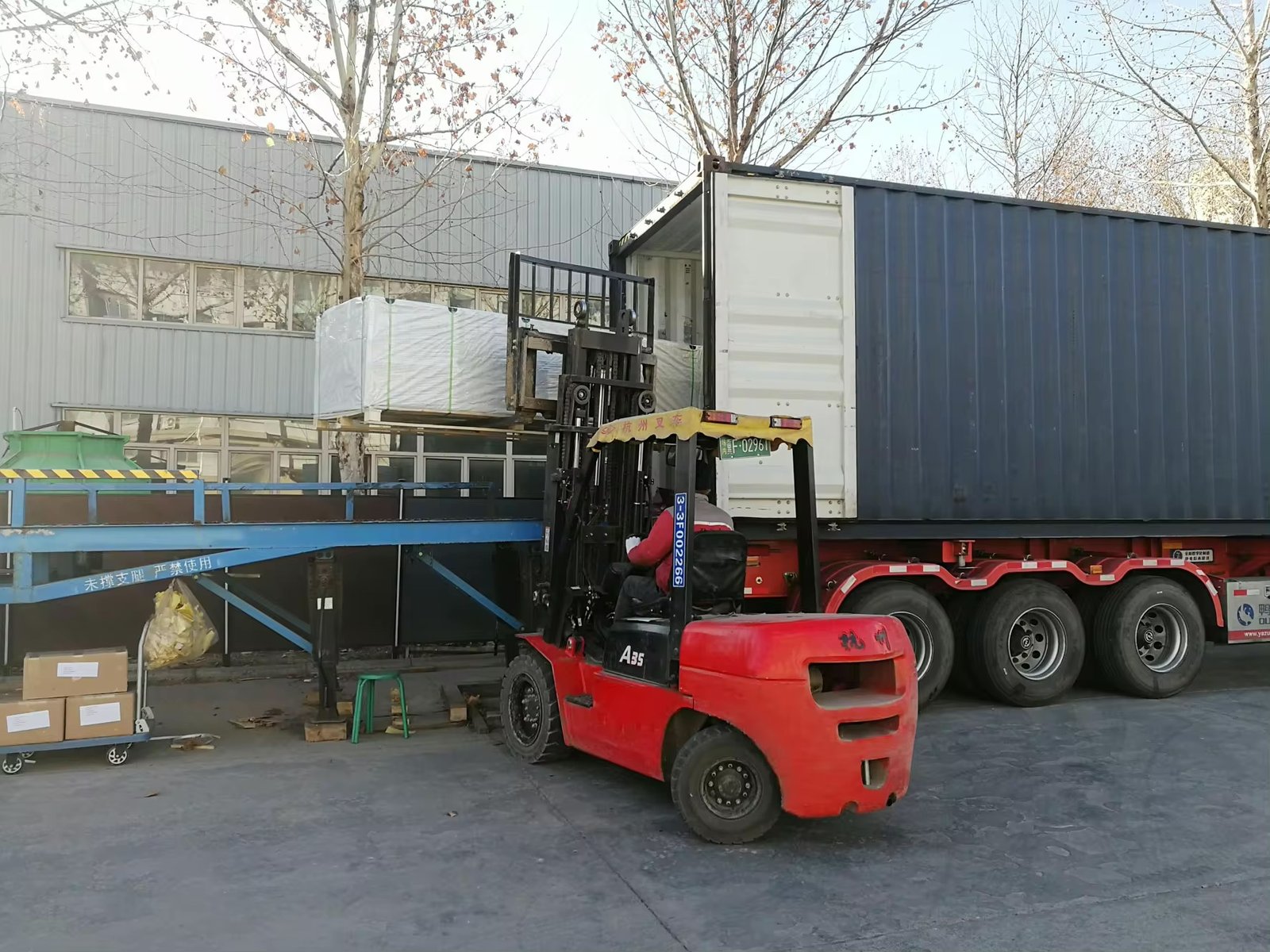
Why Choose Plastory?
Baoding Plastory New Materials Co., Ltd. is a manufacturer of decorative materials with over 9 years of experience and 56 separate production lines.
Currently, our annual production exceeds 30,000 tons, with products exported to more than 50 countries worldwide.
Plastory is the drafting unit of the WPC National Standards and has obtained certifications such as REACH, ASTM, CE, and FSC. Plastory is dedicated to maintaining consistent quality, focusing on details, and prioritizing customer satisfaction.
Our factory is located in Baoding, Hebei Province, China, with a prime location and convenient transportation access. Baoding is approximately a 1.5-hour drive from Beijing Capital International Airport and just 2 hours away from Tianjin Port, making it easy for global clients to visit and facilitating efficient shipping of goods. Our facility spans a large area, equipped with advanced production equipment and modern testing facilities to ensure that every batch of products meets the highest quality standards.
We warmly welcome clients from around the world to visit our factory, where you can see our production processes firsthand and experience our product quality. Please feel free to reach out to us—we are committed to providing you with the best products and services.
Kindly get in touch with us to request a product catalogue.

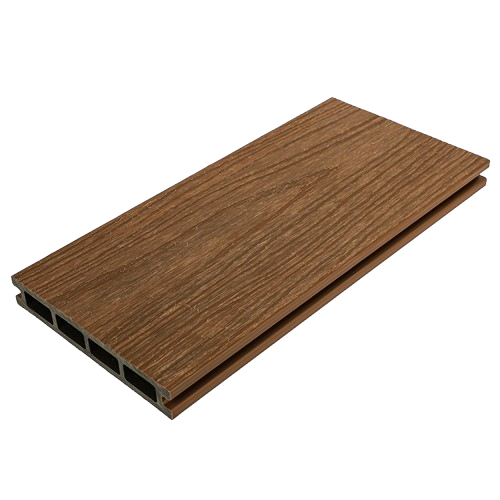
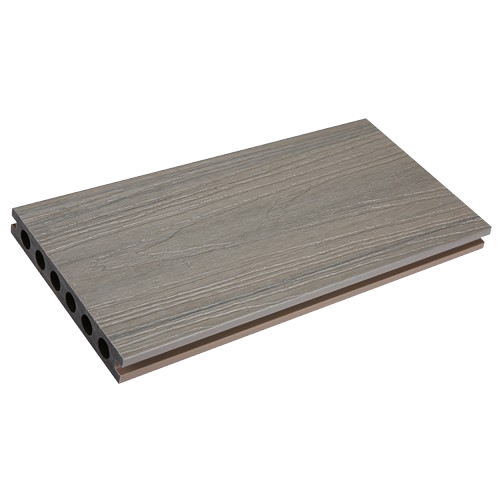
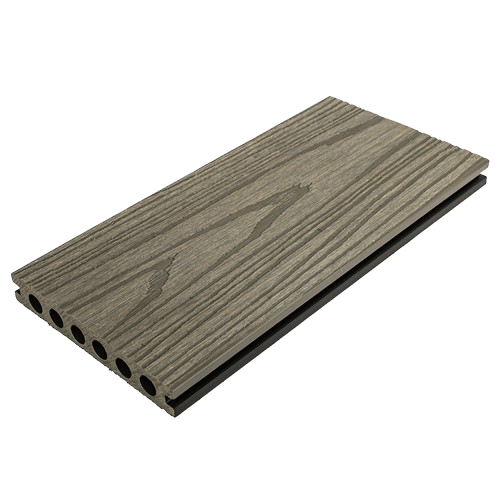
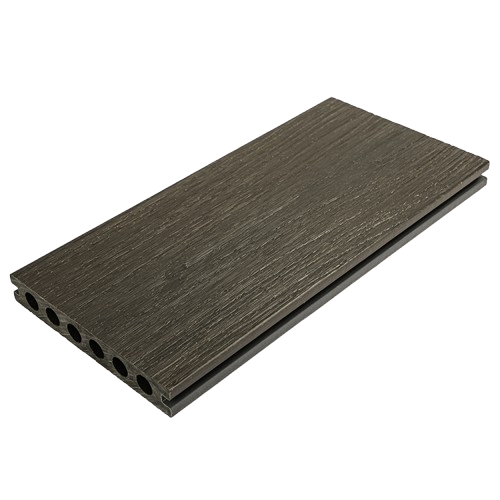
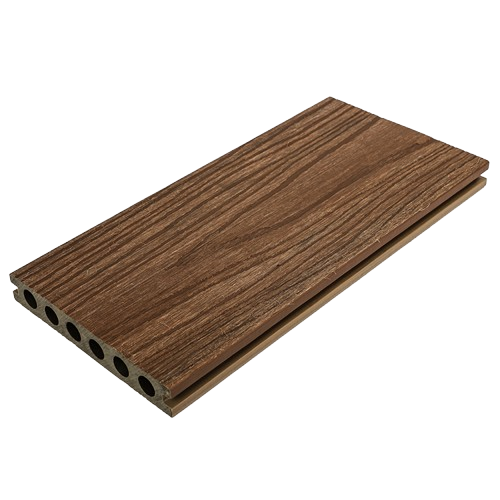
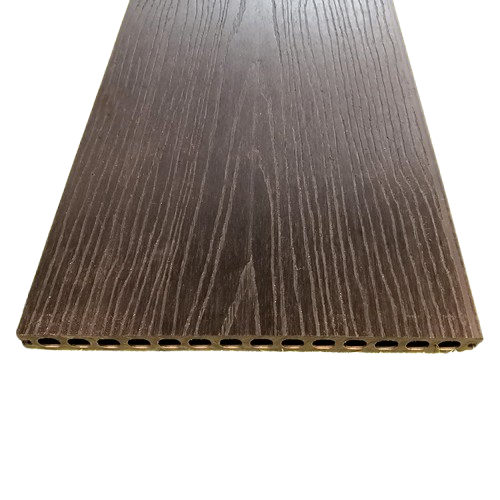
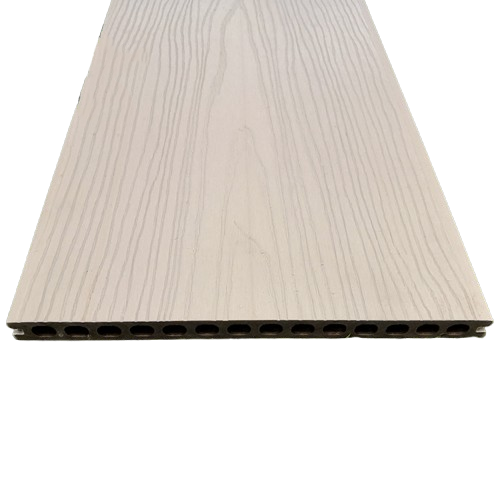
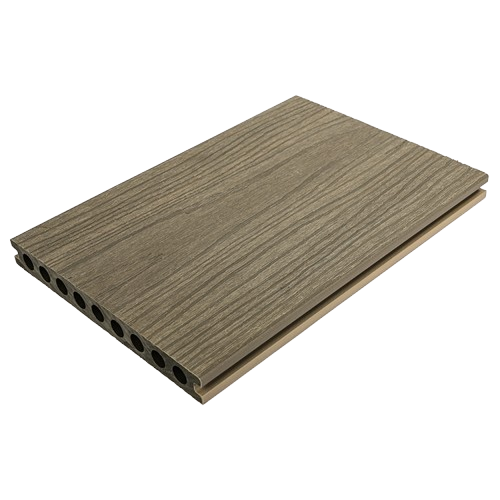

Reviews
There are no reviews yet.